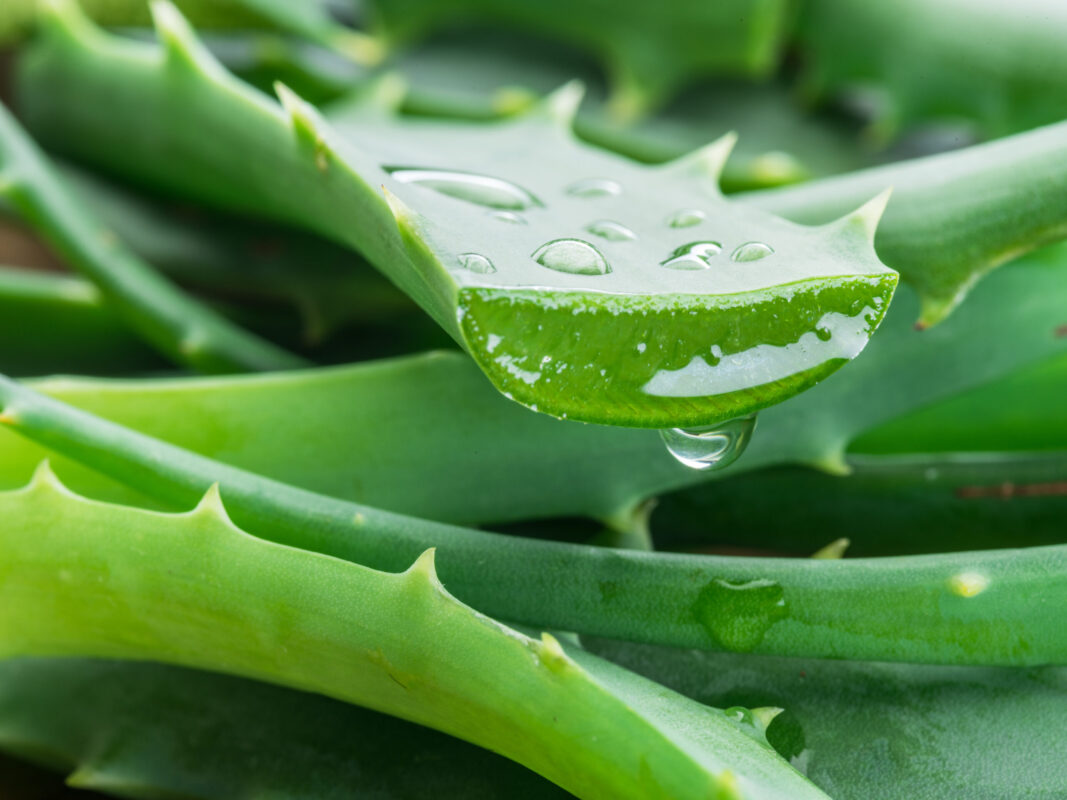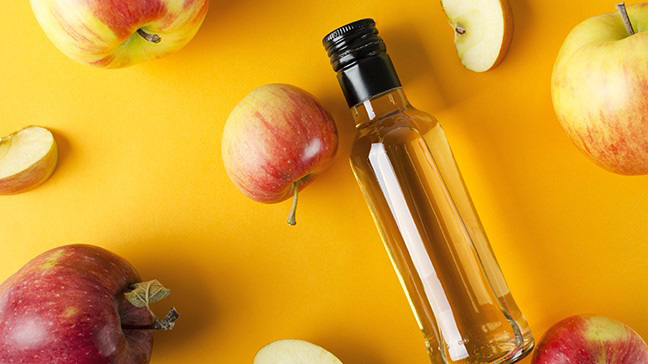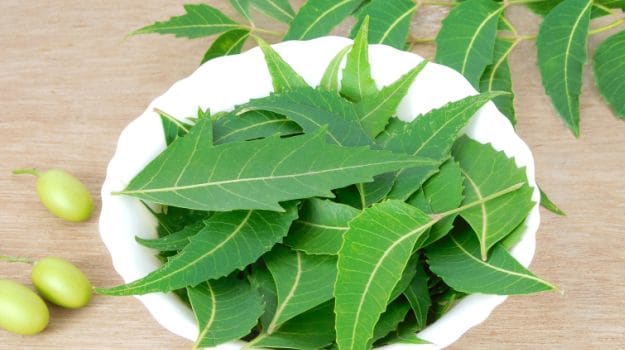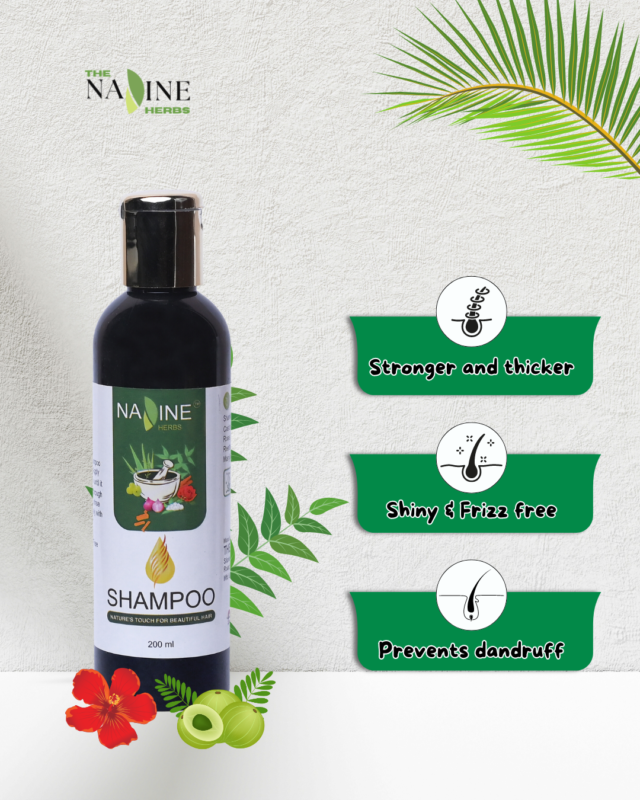Discover the best herbal and home remedies for treating an oily scalp and greasy hair. Learn how to use natural ingredients like tea tree oil, aloe vera, and apple cider vinegar for healthy hair!
Dealing with an oily scalp and greasy hair can be frustrating. Excess oil not only makes your hair look flat and lifeless, but it can also lead to other scalp issues like dandruff and itchiness. While commercial shampoos and treatments are available, they often contain harsh chemicals that might do more harm than good. Thankfully, there are natural alternatives! This guide will walk you through herbal and home remedies that can effectively manage an oily scalp and leave your hair looking healthy and fresh.
Why Does Your Scalp Become Oily?
What Causes an Oily Scalp?
An oily scalp results from overactive sebaceous glands that produce excess sebum, a natural oil that helps protect and nourish the scalp. While some amount of sebum is necessary for healthy hair, too much can lead to a greasy appearance.
Factors Contributing to Excess Oil Production
- Hormonal Imbalance: Hormones play a crucial role in regulating sebum production. Changes due to puberty, pregnancy, or stress can increase oil production.
- Improper Hair Care Routine: Over-washing or using the wrong hair products can strip your scalp of its natural oils, causing it to produce even more oil to compensate.
- Diet and Lifestyle: High-fat diets, lack of hydration, and a sedentary lifestyle can contribute to an oily scalp.
- Environmental Factors: Humidity, pollution, and seasonal changes can also impact your scalp’s oiliness.
Benefits of Herbal and Home Remedies for Oily Scalp
Using natural remedies for treating an oily scalp offers several advantages over commercial products:
- Chemical-Free: Herbal treatments are free from harmful chemicals and sulfates that can irritate the scalp and cause more oil production.
- Cost-Effective: Most home remedies use ingredients that are readily available in your kitchen, making them a budget-friendly alternative.
- Sustainable: Natural ingredients are eco-friendly and less harmful to the environment compared to chemically-laden products.
Top Herbal Remedies to Treat Oily Scalp

1. Tea Tree Oil
Tea tree oil is a popular remedy for oily hair due to its antibacterial and antifungal properties. It helps in removing excess oil, dirt, and buildup from the scalp while maintaining its natural moisture balance.
How to Use:
- Mix a few drops of tea tree oil with a carrier oil like coconut or jojoba oil.
- Massage the mixture into your scalp and leave it on for 15-20 minutes before washing with a mild shampoo.

2. Aloe Vera
Aloe vera is known for its soothing and cleansing properties. It can help regulate sebum production and remove excess oil from the scalp, making it a perfect remedy for oily hair.
How to Use:
- Apply fresh aloe vera gel directly to your scalp.
- Leave it on for 30 minutes, then rinse it off with lukewarm water and a gentle shampoo.

3. Apple Cider Vinegar
Apple cider vinegar (ACV) balances the scalp’s pH level and removes buildup, which helps control excess oil production. It also has antimicrobial properties that can prevent scalp infections.
How to Use:
- Dilute ACV with water in a 1:3 ratio.
- Pour the mixture over your scalp after shampooing, let it sit for a few minutes, and then rinse thoroughly with water.

4. Neem Leaves
Neem leaves have been used for centuries in Ayurvedic medicine to treat various scalp conditions. They are known for their antifungal, antibacterial, and anti-inflammatory properties, making them ideal for controlling an oily scalp.
How to Use:
- Boil neem leaves in water and let them cool.
- Use the strained water as a hair rinse after shampooing.
Home Remedies for Oily Scalp
1. Lemon Juice
Lemon juice is rich in Vitamin C and has astringent properties that help control oil secretion. It also removes any product buildup and keeps your scalp fresh.
How to Use:
- Mix the juice of one lemon with a cup of water.
- Rinse your scalp with this mixture and leave it for 5-10 minutes before washing it off with lukewarm water.
2. Baking Soda
Baking soda absorbs excess oil and acts as a natural exfoliant, removing dirt and buildup from the scalp.
How to Use:
- Mix two tablespoons of baking soda with water to create a paste.
- Apply the paste to your scalp, leave it on for 10 minutes, and then rinse it off with water.
3. Fuller’s Earth (Multani Mitti)
Fuller’s Earth, also known as Multani Mitti, is a clay that absorbs excess oil and impurities from the scalp. It also improves blood circulation, promoting healthier hair.
How to Use:
- Make a paste using Fuller’s Earth and water.
- Apply it to your scalp, let it dry for 20-30 minutes, and then wash it off with water.
Best Practices for Maintaining a Healthy, Oil-Free Scalp
1. Choose the Right Shampoo
Opt for a mild, sulfate-free shampoo that is specifically formulated for oily hair. Avoid shampoos with heavy moisturizing agents.
2. Avoid Over-Washing
While it might be tempting to wash your hair frequently to remove the oil, over-washing can strip the scalp of its natural oils, causing it to produce more oil to compensate. Aim for washing your hair 2-3 times a week.
3. Use a Dry Shampoo
Dry shampoo is an excellent option for those days when you want to skip a hair wash but still want to manage the oil. It absorbs excess oil and gives volume to the hair.
4. Maintain a Healthy Diet
A balanced diet rich in vitamins, minerals, and healthy fats can help regulate sebum production. Incorporate foods like nuts, seeds, leafy greens, and fish into your diet.
5. Stay Hydrated
Drinking plenty of water helps flush out toxins from the body and keeps your scalp healthy.
FAQs
Q1: Can I use essential oils for oily scalp?
Yes, essential oils like tea tree, lavender, and rosemary can help manage an oily scalp. Always dilute essential oils with a carrier oil before applying them to your scalp.
Q2: How often should I wash my hair if I have an oily scalp?
It’s best to wash your hair 2-3 times a week. Over-washing can lead to more oil production, while under-washing can result in product buildup.
Q3: Are there any foods that can help reduce scalp oiliness?
Foods rich in Omega-3 fatty acids, like fish and walnuts, and those rich in Vitamin E, like almonds and spinach, can help regulate oil production on the scalp.

Conclusion
Managing an oily scalp doesn’t have to be a constant struggle. By incorporating these herbal and home remedies into your routine, you can naturally balance your scalp’s oil production and enjoy healthy, fresh-looking hair. Remember to combine these treatments with a proper hair care routine and a healthy lifestyle for the best results!

